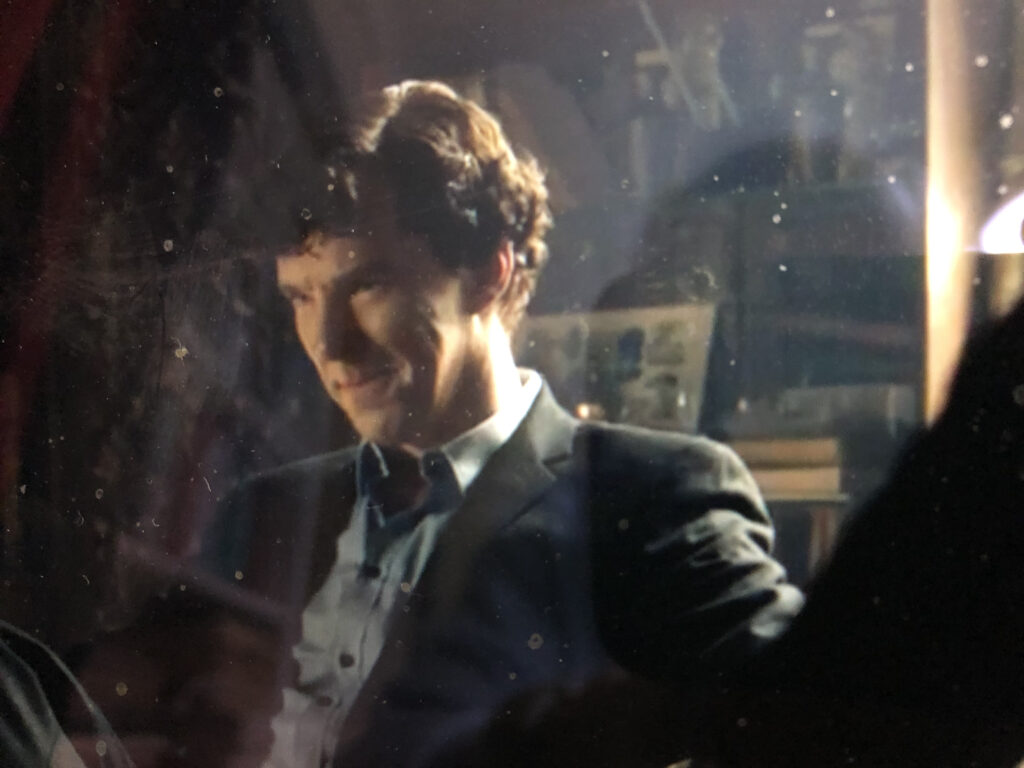Because of Covid, this 2020 film was not released in the UK until earlier this month. The Courier is based on a true cold-war story, the tale of a British businessman and self-admitted “amateur” spy, Greville Wynne, and his relationship with a Soviet source, Colonel Oleg Penkovsky (played by Merab Ninidze), who is afraid that Nikita Khrushchev is going destroy the world in the early 1960s and therefore makes contact with the West in an effort to prevent this happening. The photo on the home page shows Benedict Cumberbatch as Wynne, Angus Wright as Dickie Franks, his MI6 officer, and Rachel Brosnahan as Emily Donavan, a CIA operative.
The Americans having been offered this gift horse, they need British help to make it work since one of their covert operations in Moscow has gone horribly wrong. Hence Emily Donavan is dispatched to London. It is decided that they need an outsider to acquire the documents and information from Penkovsky. Via a vague former connection, they hit on Wynne, whose main source of success in gaining business seems to rely on the fact that he hits a very wayward golf ball. (Is that course shown in an early scene Luton Hoo?) Not that Wynne gets flattered too much; it is made clear that ideally someone less overweight and who had actually seen some action in the War would have been preferable, but things were what they were.

At their first encounter, over lunch Penkovsky asks if Wynne is capable of holding his drink. He replies: “My one true gift.” The men get close. Wynne’s wife, Sheila (Jessie Buckley), suspects he’s spending so much time in Moscow because he’s got a red in his bed, not that he is secretly helping the West find out about the Russians’ shipping rockets to Cuba. This is about missiles, not misses. But Greville and Sheila’s time together at home becomes more frenetic and fraught.
Then things start to go wrong with the operation. Penkovsky is withdrawn by his government from a Russian trade mission to London. Danger is afoot; Franks halts the whole thing. But Wynne insists on going back to Moscow to help Penkovsky escape. Donavan agrees to assist him – “yes,” says Franks, “but she’s got diplomatic immunity, you don’t” – and off they go. Having begun the film by asking “Would I be putting myself in danger?” and assured not because his position would be that he was simply helping a Russian cultivate business contacts in Britain, that he had no clue what he was actually passing on, Wynne is now putting himself in significant danger.
I won’t spoil things by describing how the film plays out other than to say that at times things get distinctly cold for Wynne. But I will say that the movie ends strongly, cutting from Cumberbatch returning to his London home with Buckley to showing the footage of the interviews the real Greville Wynne gave to the BBC at the time.
